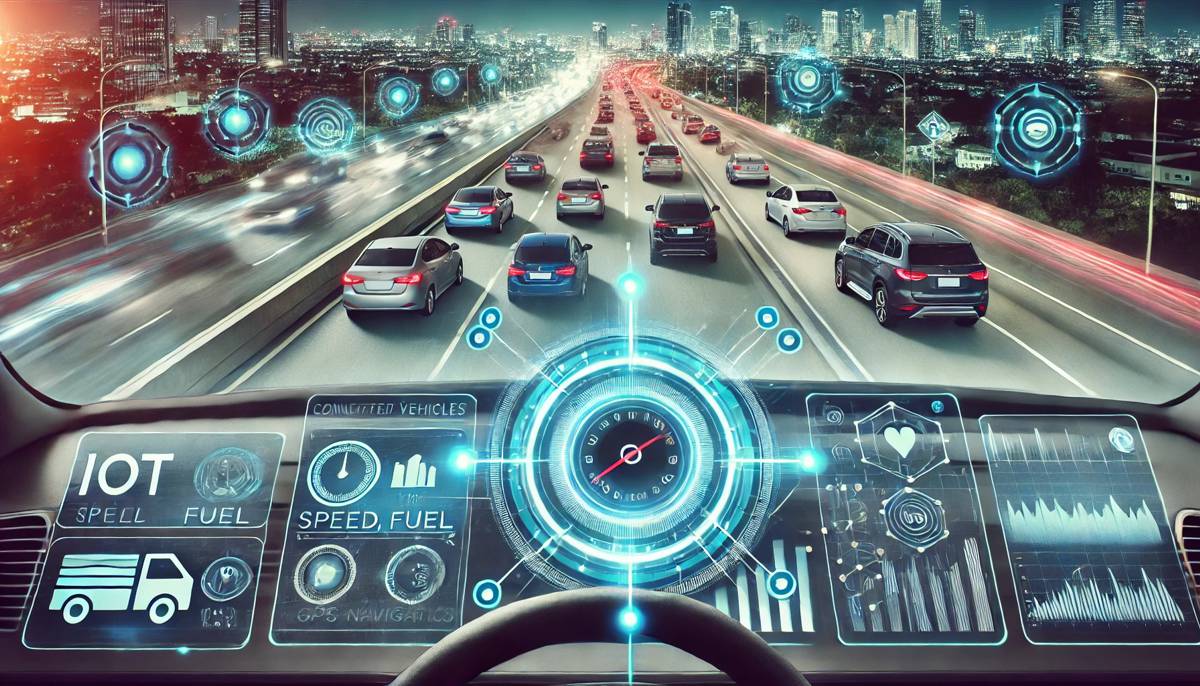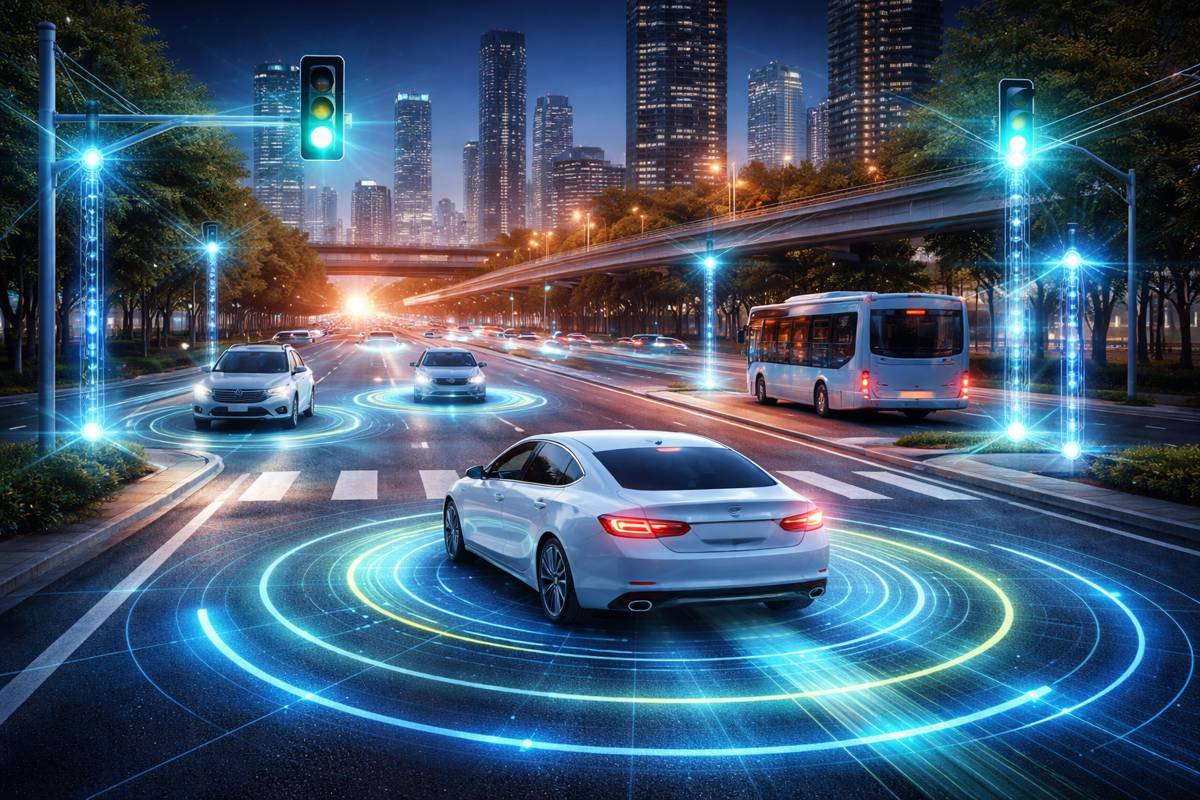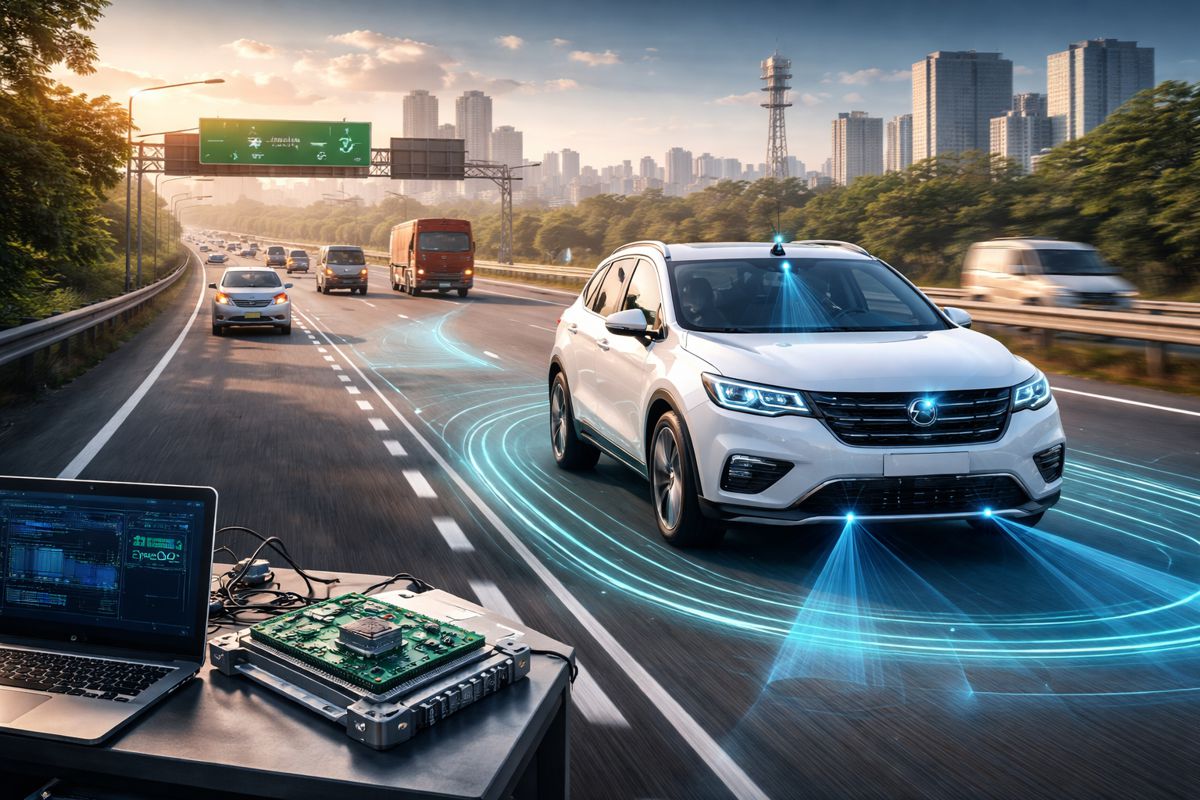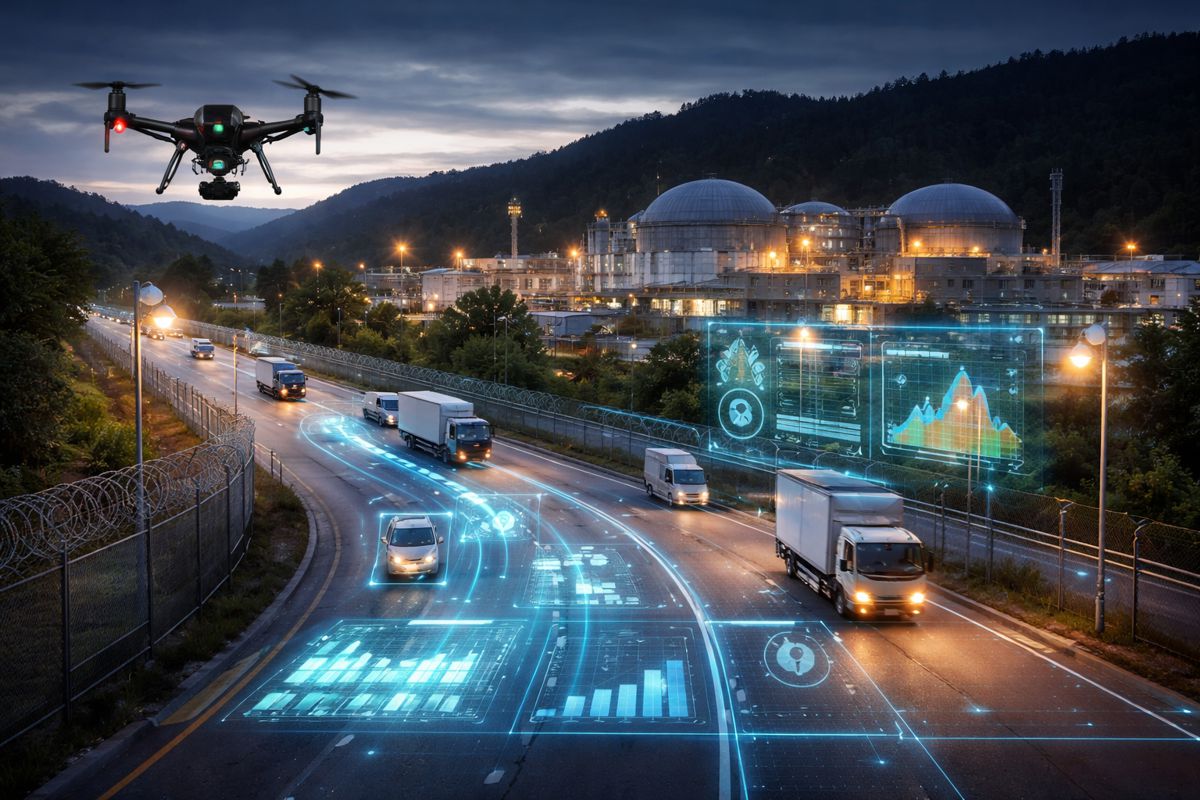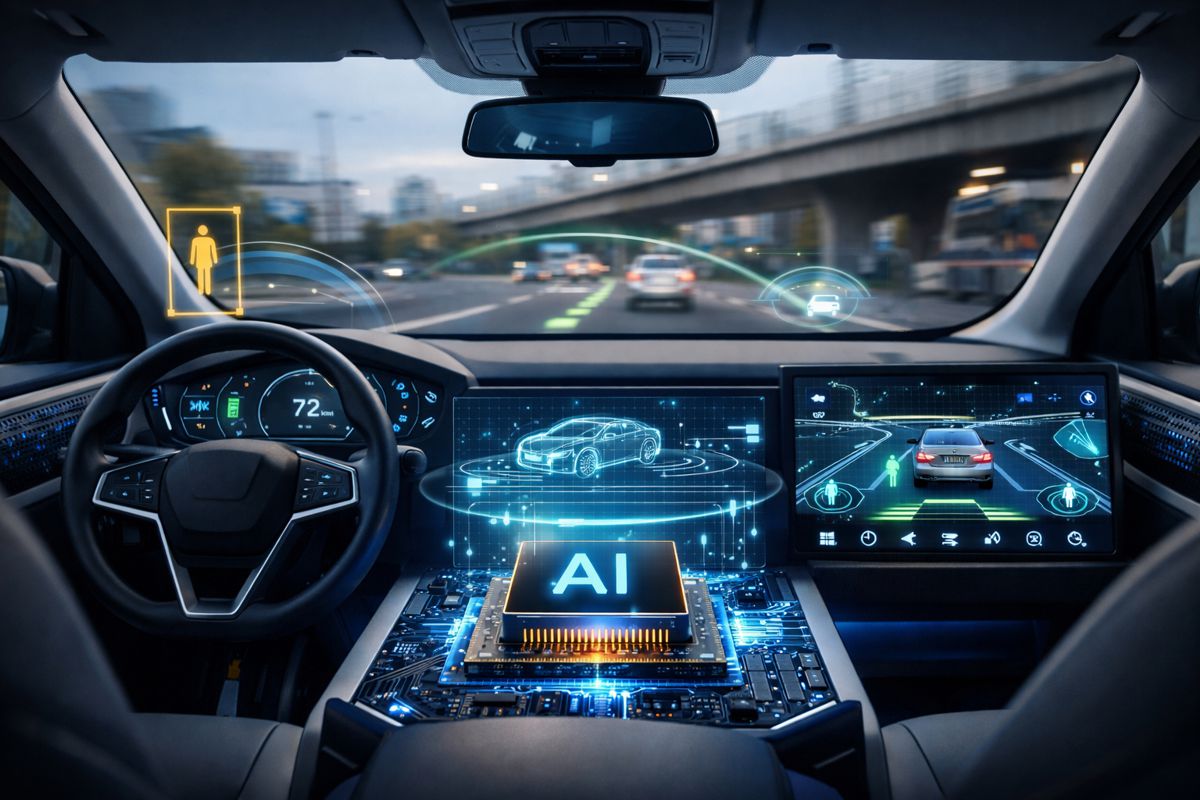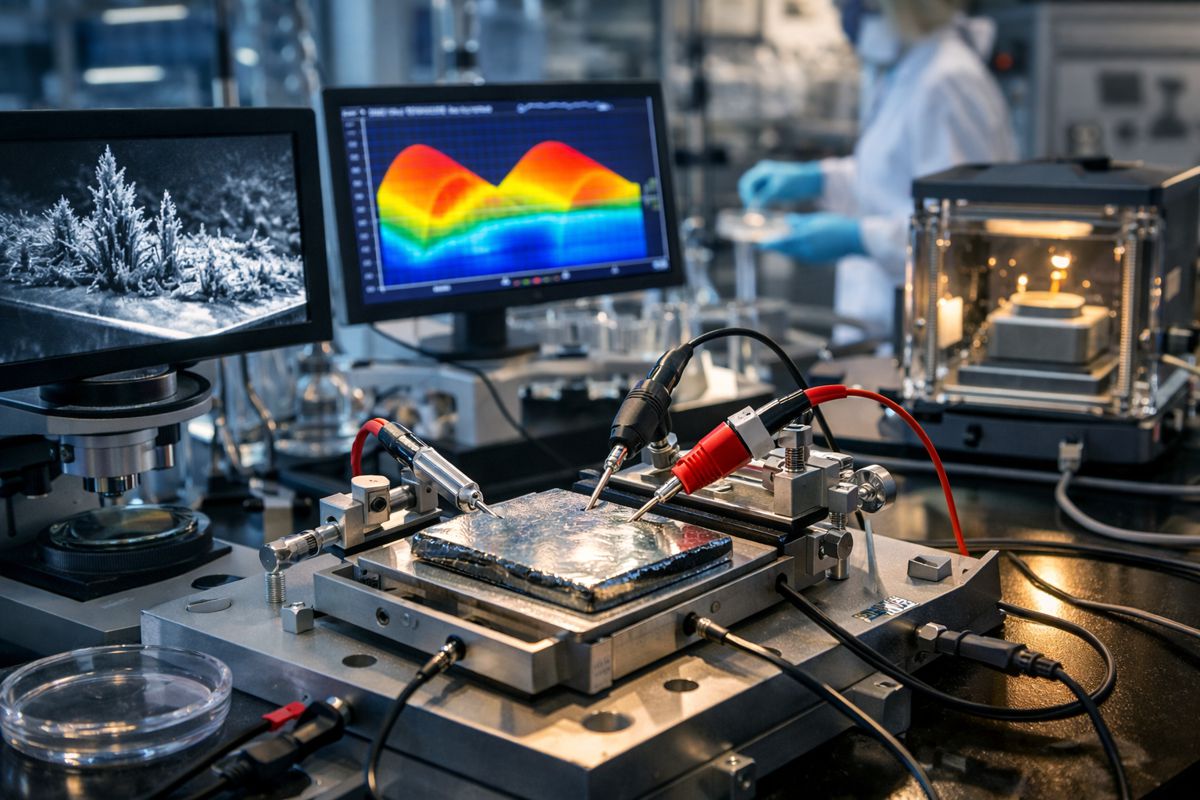Automotive IoT for Smarter Vehicles and Optimized Car Manufacturing
The Internet of Things (IoT) has revolutionized the way we live, and the automotive industry is no exception.
Automotive IoT refers to the integration of various devices, sensors, and technologies within vehicles, allowing them to communicate and exchange data with each other and with external systems. This interconnected network enables a wide range of features and functionalities, enhancing the driving experience, improving safety, and optimizing vehicle performance.
With automotive IoT, vehicles become intelligent machines, capable of collecting and analysing vast amounts of data from various sources, such as onboard sensors, external traffic data, and even driver behaviour patterns. This data can be utilized to provide real-time information, predictive maintenance alerts, and personalized services tailored to individual needs.
Automotive IoT is paving the way for advanced driver assistance systems, remote diagnostics, and even autonomous driving capabilities, making vehicles smarter, safer, and more efficient than ever before.
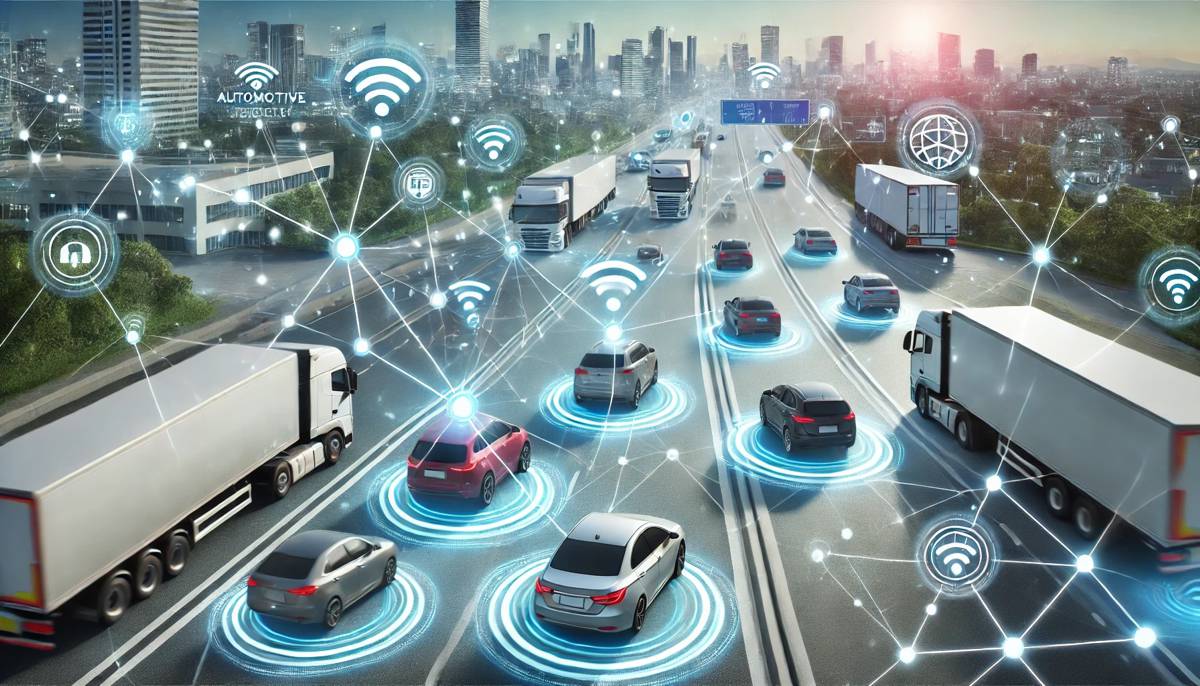
Benefits of Automotive IoT
The integration of the Internet of Things (IoT) into the automotive industry offers numerous benefits that enhance the overall driving experience, improve safety, and optimize vehicle performance.
The integration of the Internet of Things (IoT) into the automotive industry offers numerous benefits that enhance the overall driving experience, improve safety, and optimize vehicle performance. Here are seven significant benefits of Automotive IoT:
- Improved Vehicle Safety: Automotive IoT enables vehicles to communicate with each other and with infrastructure systems, providing real-time information about potential hazards, traffic conditions, and road obstacles. This interconnectivity allows for advanced driver assistance systems (ADAS) that can detect and respond to potential collisions, lane departures, and other dangerous situations, ultimately reducing the risk of accidents and enhancing overall road safety.
- Predictive Maintenance: By constantly monitoring various vehicle components and systems, automotive IoT can detect potential issues before they become major problems. Sensors embedded in the vehicle can collect data on engine performance, tire pressure, brake wear, and other critical parameters. This data can be analysed by IoT development services to predict when maintenance or repairs are needed, allowing drivers to schedule servicing in advance and avoid unexpected breakdowns or costly repairs. IoT development services leverage advanced analytics, machine learning algorithms, and predictive modelling techniques to identify patterns and anomalies in the collected data, enabling proactive maintenance strategies that maximize vehicle uptime and minimize unexpected repair costs.
- Optimized Fleet Management: For businesses operating fleets of vehicles, automotive IoT offers valuable insights and tools for efficient management. GPS tracking and telematics systems can monitor the location, speed, and driving behaviour of each vehicle in real-time. This data can be used to optimize routes, reduce fuel consumption, and ensure compliance with safety regulations. Additionally, predictive maintenance capabilities can minimize downtime and maximize the operational efficiency of the entire fleet.
- Enhanced Infotainment and Connectivity: Automotive IoT enables seamless integration of infotainment systems with smartphones, personal digital assistants, and other connected devices. Drivers and passengers can access a wealth of entertainment options, such as streaming music, movies, and podcasts, as well as real-time traffic information, weather updates, and navigation assistance. This connectivity also allows for over-the-air software updates, ensuring that the vehicle’s systems remain up-to-date with the latest features and security patches.
- Remote Diagnostics and Services: With automotive IoT, vehicle owners can remotely access diagnostic information and even control certain functions of their vehicles using mobile applications or web-based platforms. This capability enables remote monitoring of vehicle health, remote unlocking or locking, and even remote start or climate control adjustments. Additionally, automotive manufacturers can remotely diagnose and potentially resolve issues, improving customer satisfaction and reducing the need for physical service visits.
- Autonomous Driving Capabilities: Automotive IoT is a crucial enabler for the development of autonomous or self-driving vehicles. By integrating sensors, cameras, and advanced algorithms, IoT-enabled vehicles can perceive their surroundings, interpret data, and make informed decisions about navigation and control. This technology has the potential to significantly reduce human errors, improve traffic flow, and increase accessibility for those unable to operate traditional vehicles.
- Reduced Environmental Impact: Automotive IoT can contribute to reducing the environmental footprint of vehicles. By collecting data on driving patterns, traffic conditions, and vehicle performance, IoT systems can optimize routes and driving behaviours, leading to improved fuel efficiency and lower emissions. Additionally, predictive maintenance can ensure that vehicles operate at peak efficiency, further reducing their environmental impact.
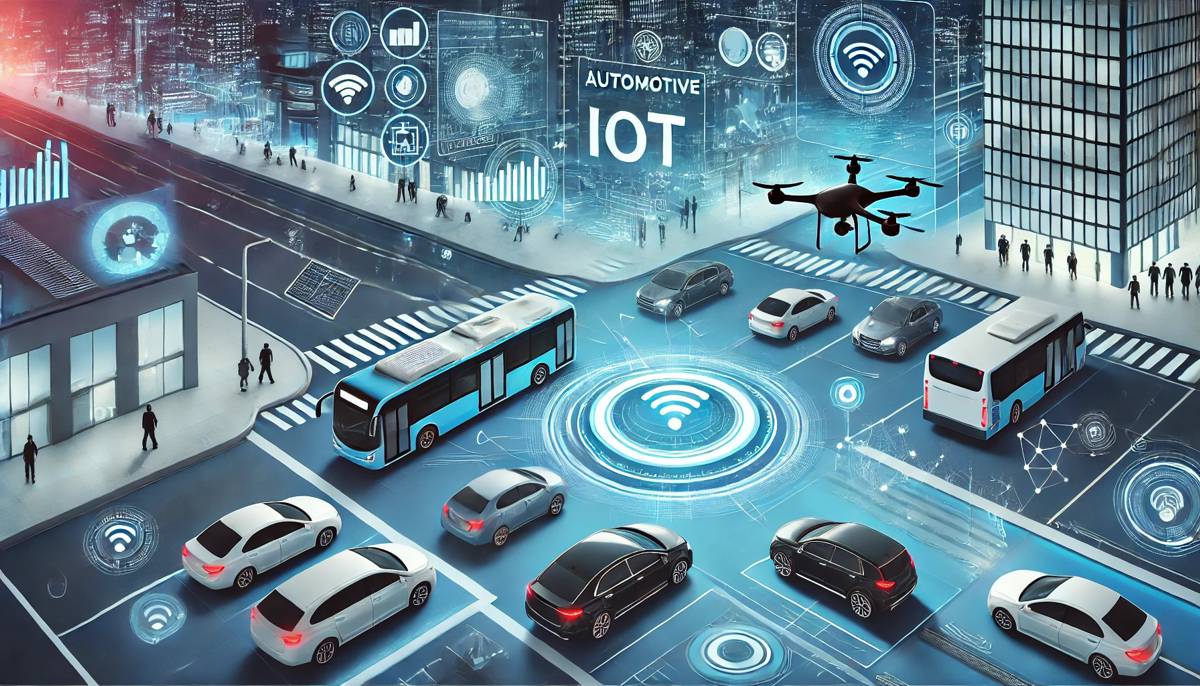
Automotive IoT Driving Innovation
While the benefits of automotive IoT are substantial, it is important to address concerns related to data privacy, cybersecurity, and the potential for system vulnerabilities. Automotive manufacturers and technology providers must implement robust security measures to protect sensitive data and ensure the safe and reliable operation of IoT-enabled vehicles.
Nevertheless, the integration of IoT into the automotive industry is driving innovation and transforming the way we think about transportation, paving the way for a safer, more efficient, more connected, and more sustainable future on the roads.








